Choosing the Right SQL Server Partner for Your Core Banking Upgrade

Upgrading your core banking system that supports the core banking system is a major initiative that demands meticulous planning, cross-team coordination, and deep technical know-how. For banks and financial institutions, SQL Server is often the backbone of these systems. That’s why the role of a SQL Server partner during a core banking upgrade is critical.
Whether you’re migrating to a new platform, upgrading legacy infrastructure, or implementing new security and compliance protocols, your SQL Server partner isn’t just a vendor—they’re a strategic collaborator.
So, what should you expect from a SQL Server partner during your next core banking upgrade?
The Best SQL Server Partners for Core Banking Upgrades Deliver:
1. Deep SQL Server Expertise and Core Banking Systems Familiarity
Core banking environments are complex. They handle everything from transaction processing and customer account management to regulatory reporting and data security. Your SQL Server partner must understand not only the technical architecture but also the core banking systems’ operating requirements.
Expect your partner to ask the right questions about your environment, your data dependencies, your peak usage times, and your business continuity and recovery needs. The best SQL Server consultants come equipped with industry experience and a blueprint for helping banks navigate change.
Core banking system providers are experts in their own software, but they’re not always expert SQL Server administrators. That’s where a specialized SQL Server consultant adds value. They ask the right infrastructure questions, including about Recovery Point Objectives (RPOs) and Recovery Time Objectives (RTOs). These metrics help ensure your SQL environment supports your business continuity and disaster recovery needs. A knowledgeable SQL partner can turn those objectives into strategies like point-in-time recovery, automated failover, and high-availability design.
2. Rigorous Planning and a Clear Project Timeline
A core banking database upgrade isn’t something to approach casually. Your SQL Server partner should help you scope and sequence every phase of the upgrade, including:
- Environment assessments and baseline performance benchmarks
- Compatibility testing with the new infrastructure
- Backup and restore strategies for rollback protection
- Performance settings recommendations
- Cutover planning and go-live support
Look for partners who can produce a detailed project plan and who proactively manage timelines, milestones, and communication. You shouldn’t have to tolerate surprises—and neither should your customers.
3. Zero-Downtime (or Near-Zero) Migration Strategies
Unplanned downtime in core banking systems means customer impact, reputational risk, and possible regulatory scrutiny. SQL Server partners should be able to offer strategies that minimize or eliminate unexpected downtime through:
- High availability (HA) and disaster recovery (DR) design reviews
- Pre-migration dry runs to simulate live scenarios
- Staged cutovers during low-usage periods
Expect your partner to not only explain these strategies but also test and validate them in your environment before launch day.
4. Compliance and Security Oversight
With the FFIEC sunsetting its Cybersecurity Assessment Tool and CIS® Benchmarks™ gaining ground as the new standard, your SQL Server partner must be fluent in financial data security requirements.
They should review your SQL Server configuration for gaps, recommend security hardening, and help you prepare for both internal and external audits. This includes:
- Encrypted backups and secure storage
- Role-based access controls
- Configuration baselines aligned with best practices
- Detailed documentation for compliance reviews
5. Post-Upgrade Monitoring and Support
A good partner doesn’t just help you upgrade. They help you meet your regulator with confidence.
The job isn’t finished when the core system goes live. The first few weeks post-upgrade are critical. Your SQL Server partner should offer extended support to monitor system performance, resolve unexpected issues, and ensure optimal database operation.
Banks should expect:
- Real-time monitoring for performance and error trends
- Rapid-response troubleshooting
- Ongoing patching, maintenance, and tuning
- A smooth transition to in-house teams or ongoing DBA-as-a-Service
This post-upgrade care is what separates good partners from great ones.
Choose a Partner Who Understands Banking
A core banking upgrade isn’t just technical. You need a partner who is not only steeped in SQL Server but also understands your industry, speaks your language, and can deliver with precision. At The SERO Group, we specialize in helping financial institutions modernize their SQL Server environments while prioritizing SQL Server health, security, and reliability.
If you have an upgrade to core banking system on the horizon, let’s talk. We’ll help you plan, execute, and support your transition—every step of the way.

